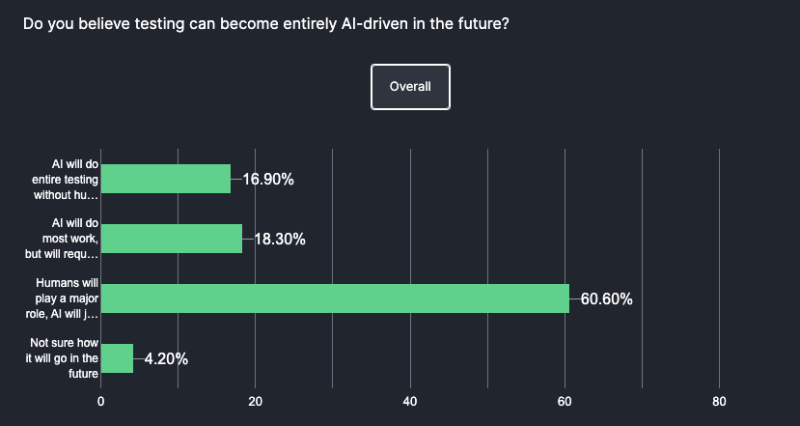Introduction
JavaScript build tools are essential for modern web development. They automate tasks related to code compilation, bundling, minification, testing, and deployment, streamlining the development workflow. JavaScript automate repetitive tasks, optimize code for production, and streamline the development process. This article explores the most popular JavaScript build tools and task runners, providing detailed insights into their functionalities and usage.
What Are Build Tools and Task Runners?
Build tools and task runners are utilities that automate the process of building and maintaining your codebase. They can handle tasks such as:
Compiling code (e.g., transpiling ES6+ code to ES5)
Bundling modules
Minifying and optimizing assets
Running tests
Linting and formatting code
Deploying applications
Popular Build Tools and Task Runners
Grunt
Grunt is one of the earliest task runners for JavaScript. It uses a configuration-based approach to define tasks.
Installation:
To install Grunt, you need Node.js and NPM (Node Package Manager). First, install Grunt CLI globally:
Then, install Grunt in your project directory:
Configuration:
Create a Gruntfile.js to configure Grunt tasks:
// Project configuration
grunt.initConfig({
pkg: grunt.file.readJSON(‘package.json‘),
// Task configuration
uglify: {
build: {
src: ‘src/app.js‘,
dest: ‘dist/app.min.js‘
}
},
jshint: {
files: [‘Gruntfile.js‘, ‘src/**/*.js‘],
options: {
esversion: 6
}
}
});
// Load the plugins
grunt.loadNpmTasks(‘grunt-contrib-uglify‘);
grunt.loadNpmTasks(‘grunt-contrib-jshint‘);
// Register tasks
grunt.registerTask(‘default‘, [‘jshint‘, ‘uglify‘]);
};
Run Grunt using the command:
Gulp
Gulp is a task runner that uses a code-over-configuration approach, making it more intuitive for developers who prefer writing JavaScript code.
Installation:
First, install Gulp CLI globally:
Then, install Gulp in your project directory:
Configuration:
Create a gulpfile.js to define Gulp tasks:
const uglify = require(‘gulp-uglify‘);
const jshint = require(‘gulp-jshint‘);
// Define a task to minify JavaScript
gulp.task(‘minify-js‘, function() {
return gulp.src(‘src/app.js‘)
.pipe(uglify())
.pipe(gulp.dest(‘dist‘));
});
// Define a task to lint JavaScript
gulp.task(‘lint‘, function() {
return gulp.src(‘src/**/*.js‘)
.pipe(jshint({ esversion: 6 }))
.pipe(jshint.reporter(‘default‘));
});
// Define the default task
gulp.task(‘default‘, gulp.series(‘lint‘, ‘minify-js‘));
Running Webpack:
Add a script to your package.json to run Webpack:
“scripts“: {
“build“: “webpack –mode production“
}
}
Run Webpack using the command:
Rollup
Rollup is a module bundler for JavaScript that focuses on ES6 modules. It generates smaller, more efficient bundles by statically analyzing and including only the necessary parts of your code.
installation:
Install rollup globally
Then, install Rollup in your directory:
Configuration:
Create a rollup.config.js to configure Rollup:
input: ‘src/main.js‘,
output: {
file: ‘dist/bundle.js‘,
format: ‘cjs‘
},
plugins: []
};
Running Rollup:
Add a script to your package.jsonto run Rollup:
“scripts“: {
“build“: “rollup -c“
}
}
Run Rollup using the command:
Parcel
Parcel is a web application bundler that requires zero configuration. It automatically handles common tasks like bundling JavaScript, CSS, HTML, and more.
Installation:
Install Parcel globally:
Running Parcel:
Parcel does not require a configuration file. You can start by creating an HTML file, for example, index.html, and then run:
Parcel will automatically handle dependencies and build your project.
Choosing the Right Tool
Choosing the right tool depends on your project’s requirements:
Grunt: Best for projects that prefer configuration over coding.
Gulp: Ideal for those who prefer coding over configuration and need a flexible, code-based task runner.
Webpack: Suitable for complex applications with various asset types and advanced optimization needs.
Rollup: Great for projects focused on ES6 modules and generating efficient, smaller bundles.
Parcel: Perfect for quick, zero-configuration setups and rapid development cycles.
Conclusion
JavaScript build tools and task runners are indispensable in modern web development. They automate repetitive tasks, optimize code, and streamline workflows, allowing developers to focus on writing quality code. Understanding and leveraging these tools can significantly enhance productivity and code quality. Whether you choose Grunt, Gulp, Webpack, Rollup, or Parcel, each tool has its strengths and can be tailored to meet the specific needs of your project.










